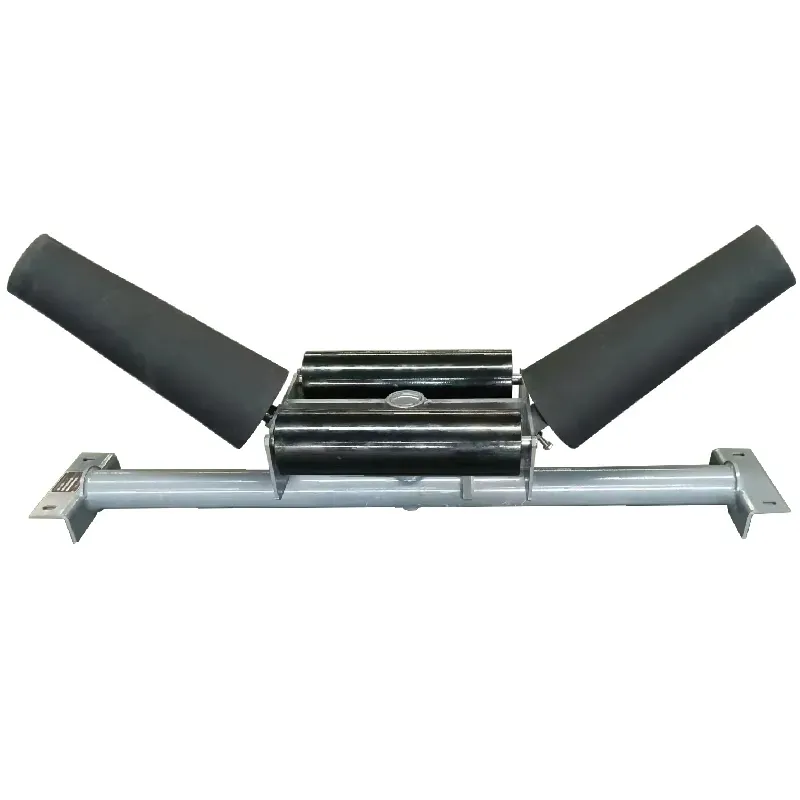 Afrikaans
Afrikaans  Albanian
Albanian  Amharic
Amharic  Arabic
Arabic  Armenian
Armenian  Azerbaijani
Azerbaijani  Basque
Basque  Belarusian
Belarusian  Bengali
Bengali  Bosnian
Bosnian  Bulgarian
Bulgarian  Catalan
Catalan  Cebuano
Cebuano  Corsican
Corsican  Croatian
Croatian  Czech
Czech  Danish
Danish  Dutch
Dutch  English
English  Esperanto
Esperanto  Estonian
Estonian  Finnish
Finnish  French
French  Frisian
Frisian  Galician
Galician  Georgian
Georgian  German
German  Greek
Greek  Gujarati
Gujarati  Haitian Creole
Haitian Creole  hausa
hausa  hawaiian
hawaiian  Hebrew
Hebrew  Hindi
Hindi  Miao
Miao  Hungarian
Hungarian  Icelandic
Icelandic  igbo
igbo  Indonesian
Indonesian  irish
irish  Italian
Italian  Japanese
Japanese  Javanese
Javanese  Kannada
Kannada  kazakh
kazakh  Khmer
Khmer  Rwandese
Rwandese  Korean
Korean  Kurdish
Kurdish  Kyrgyz
Kyrgyz  Lao
Lao  Latin
Latin  Latvian
Latvian  Lithuanian
Lithuanian  Luxembourgish
Luxembourgish  Macedonian
Macedonian  Malgashi
Malgashi  Malay
Malay  Malayalam
Malayalam  Maltese
Maltese  Maori
Maori  Marathi
Marathi  Mongolian
Mongolian  Myanmar
Myanmar  Nepali
Nepali  Norwegian
Norwegian  Norwegian
Norwegian  Occitan
Occitan  Pashto
Pashto  Persian
Persian  Polish
Polish  Portuguese
Portuguese  Punjabi
Punjabi  Romanian
Romanian  Russian
Russian  Samoan
Samoan  Scottish Gaelic
Scottish Gaelic  Serbian
Serbian  Sesotho
Sesotho  Shona
Shona  Sindhi
Sindhi  Sinhala
Sinhala  Slovak
Slovak  Slovenian
Slovenian  Somali
Somali  Spanish
Spanish  Sundanese
Sundanese  Swahili
Swahili  Swedish
Swedish  Tagalog
Tagalog  Tajik
Tajik  Tamil
Tamil  Tatar
Tatar  Telugu
Telugu  Thai
Thai  Turkish
Turkish  Turkmen
Turkmen  Ukrainian
Ukrainian  Urdu
Urdu  Uighur
Uighur  Uzbek
Uzbek  Vietnamese
Vietnamese  Welsh
Welsh  Bantu
Bantu  Yiddish
Yiddish  Yoruba
Yoruba  Zulu
Zulu Effective Solutions for Conveyor Belt Cleaning and Maintenance Systems
The Importance of Superior Belt Cleaners for Industrial Efficiency
In the modern industrial landscape, the importance of maintaining operational efficiency cannot be overstated. One of the critical components that contribute to such efficiency is the effective cleaning of conveyor belts. Superior belt cleaners play a vital role in keeping these systems running smoothly, preventing material buildup, and ensuring the longevity of both equipment and the products being transported.
Understanding Belt Cleaners
Belt cleaners are essentially devices attached to the conveyor system designed to remove residual materials that may adhere to the belt surface. These materials can include dust, dirt, and various types of bulk materials that have been transported on the conveyor. While it may seem minor, the presence of these materials can lead to several issues, including reduced friction, increased wear and tear, and contamination of products.
Given the essential role that conveyor belts play in various industries, from mining and agriculture to manufacturing and packaging, the need for superior belt cleaners becomes apparent. By investing in high-quality cleaning systems, companies can optimize their conveyor operations, enhance productivity, and reduce maintenance costs.
The Impact of Inefficient Belt Cleaning
When conveyor belts are not adequately cleaned, residual materials can accumulate, leading to a plethora of problems. One of the most significant issues is the potential for material spillage. When bulk materials cling to the belt, they can easily be dislodged, resulting in product loss that can be costly to replace and can also create hazardous working conditions.
Moreover, the accumulation of materials can lead to increased friction against the belt, causing premature wear. This not only necessitates more frequent replacements and repairs but can also interrupt production schedules. During downtime, companies face financial losses and reduced efficiency, which can ripple throughout the supply chain.
Features of Superior Belt Cleaners
To effectively tackle these challenges, superior belt cleaners are designed with various features that enhance their performance. These features include
superior belt cleaners

2. Durability Superior belt cleaners are constructed from robust materials that can withstand the rigors of industrial environments, ensuring a long lifespan.
3. Effective Cleaning Mechanisms Many of these cleaners utilize innovative technologies, such as urethane blades or brush systems, that effectively remove stubborn materials without damaging the belt.
4. Easy Maintenance Regular maintenance is essential for keeping belt cleaners effective. Superior models are often designed for quick and straightforward maintenance protocols.
Benefits of Implementing Superior Belt Cleaners
The advantages of using superior belt cleaners are manifold
- Increased Efficiency Cleaner belts translate to smoother operations, resulting in increased throughput and productivity.
- Cost Savings By reducing downtime and maintenance needs, companies can save significant amounts of money in the long run.
- Enhanced Safety By minimizing spills and contamination, superior belt cleaners contribute to a safer working environment, reducing the risk of accidents and injuries.
- Improved Product Quality Ensuring that products are not contaminated during transport is critical for maintaining quality. Superior belt cleaners help to uphold high standards.
Conclusion
In conclusion, investing in superior belt cleaners is not merely an operational necessity but a strategic decision that can profoundly affect a company's bottom line. By preventing material buildup, enhancing equipment lifespan, and promoting safety, these cleaning devices contribute significantly to overall industrial efficiency. As industries continue to evolve and demand greater productivity and sustainability, the role of superior belt cleaners will only become more critical in maintaining a competitive edge. Embracing advanced cleaning technologies is essential for any business aiming for excellence in its operational processes.
-
Revolutionizing Conveyor Reliability with Advanced Rubber Lagging PulleysNewsJul.22,2025
-
Powering Precision and Durability with Expert Manufacturers of Conveyor ComponentsNewsJul.22,2025
-
Optimizing Conveyor Systems with Advanced Conveyor AccessoriesNewsJul.22,2025
-
Maximize Conveyor Efficiency with Quality Conveyor Idler PulleysNewsJul.22,2025
-
Future-Proof Your Conveyor System with High-Performance Polyurethane RollerNewsJul.22,2025
-
Driving Efficiency Forward with Quality Idlers and RollersNewsJul.22,2025





























